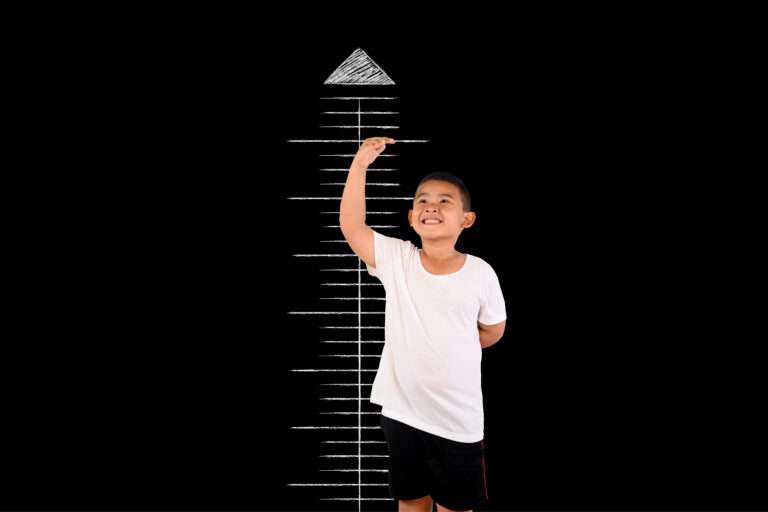Mental health monitoring
Mental health monitoring in children and adolescents is a crucial aspect of overall healthcare. It involves regularly assessing and observing a child’s emotional, psychological, and social well-being. This process helps in identifying any mental health issues early and provides a pathway for timely intervention and support. Here’s a comprehensive overview:
Importance
- Early Identification: Detecting mental health issues early can lead to better outcomes.
- Understanding Emotional Development: Monitoring helps in understanding a child’s emotional growth and coping mechanisms.
- Prevention and Intervention: Early identification can lead to prompt intervention, preventing the escalation of mental health issues.
Key Areas of Focus
- Behavioral Changes: Monitoring changes in behavior, like increased aggression or withdrawal.
- Emotional Regulation: Assessing a child’s ability to manage and express emotions.
- Social Interactions: Observing how children interact with peers and adults.
- Cognitive Changes: Noting changes in concentration, memory, and academic performance.
- Physical Symptoms: Recognizing physical symptoms that may be linked to mental health, such as changes in appetite or sleep patterns.
Methods of Monitoring
- Regular Check-ups: Inclusion of mental health assessments in routine pediatric health check-ups.
- Screening Tools and Questionnaires: Use of standardized tools designed for children and adolescents to assess mental health.
- School-Based Monitoring: Observations by teachers and school counselors can be vital, as they can notice changes in academic performance or social interactions.
- Parent and Caregiver Observations: Inputs from parents about changes in behavior, mood, or social activities at home.
Age-Appropriate Assessments
- Different tools and approaches are used depending on the age and developmental stage of the child.
Intervention Strategies
- Referral to Mental Health Professionals: If concerns are identified, referrals may be made to psychologists, psychiatrists, or counselors.
- Family Counseling: Sometimes, family dynamics play a role in a child’s mental health.
- School-Based Interventions: Support within the educational setting, including individualized education plans for children with special needs.
- Community Resources: Access to community-based programs and support groups.
Challenges and Barriers
- Stigma: There can be a stigma attached to mental health issues, making it difficult for children or parents to seek help.
- Access to Care: Availability of mental health services and resources varies greatly.
- Cultural Sensitivity: Understanding and respecting cultural differences in perceptions and approaches to mental health.
The Role of Parents and Caregivers
- Parents and caregivers are often the first to notice changes in a child’s behavior or mood and play a critical role in seeking help and supporting the child.
Conclusion
Regular mental health monitoring is essential for early detection and intervention of mental health issues in children and adolescents. It requires a collaborative approach involving healthcare providers, parents, schools, and community resources. By addressing mental health proactively, we can support the healthy emotional and psychological development of children and adolescents.
------------From our Sponsors------------






